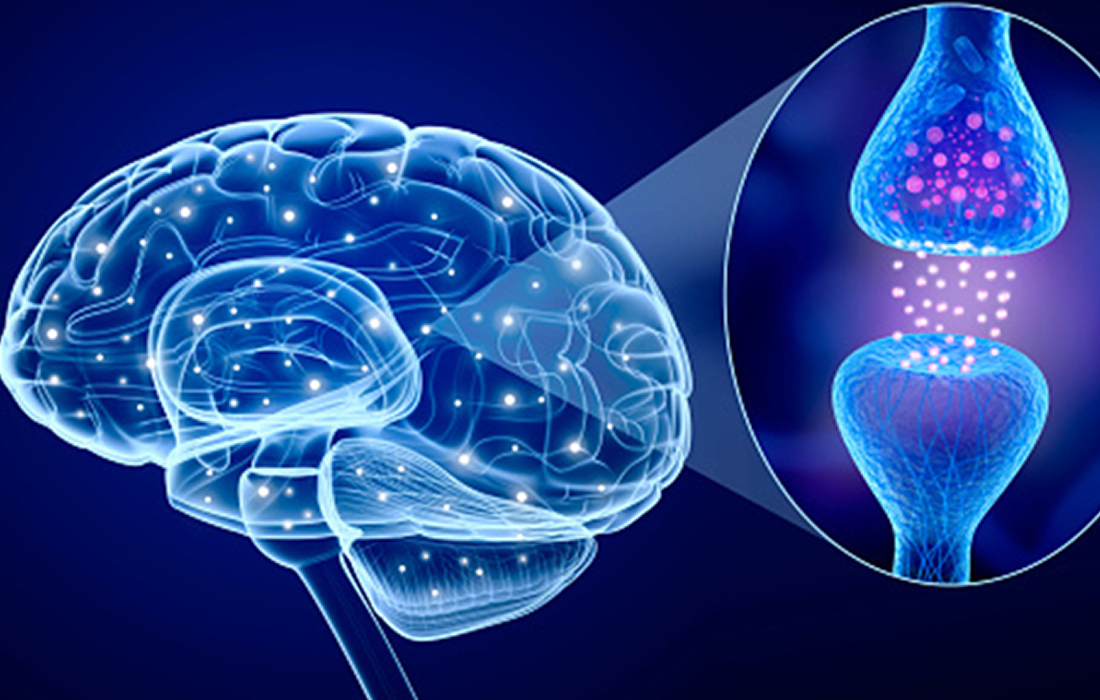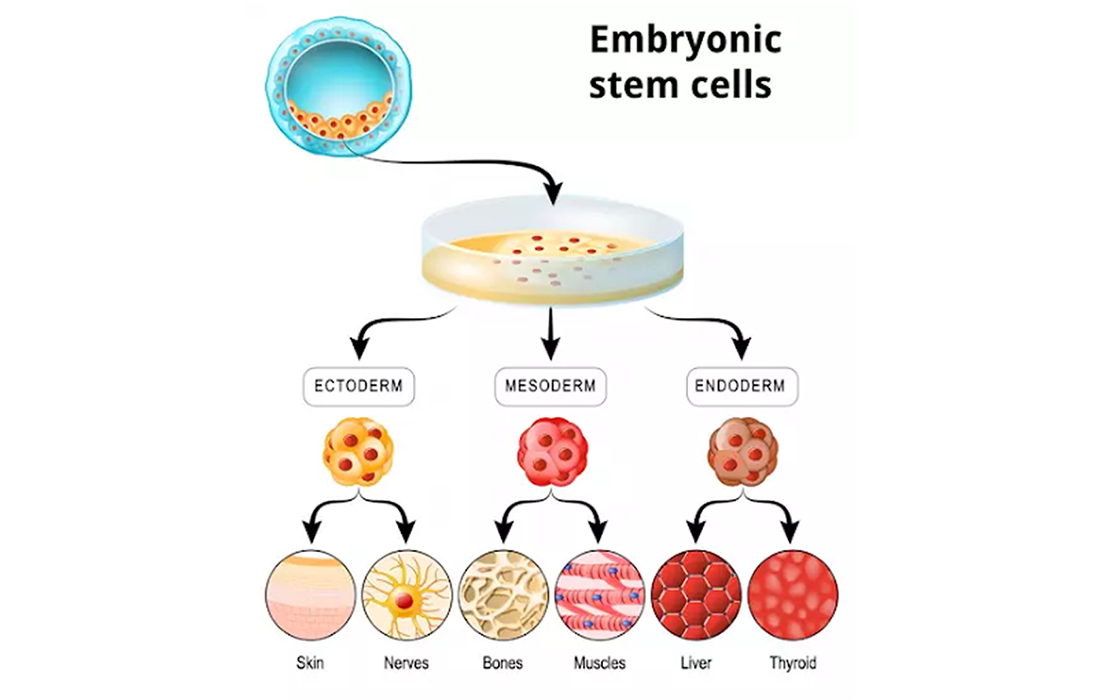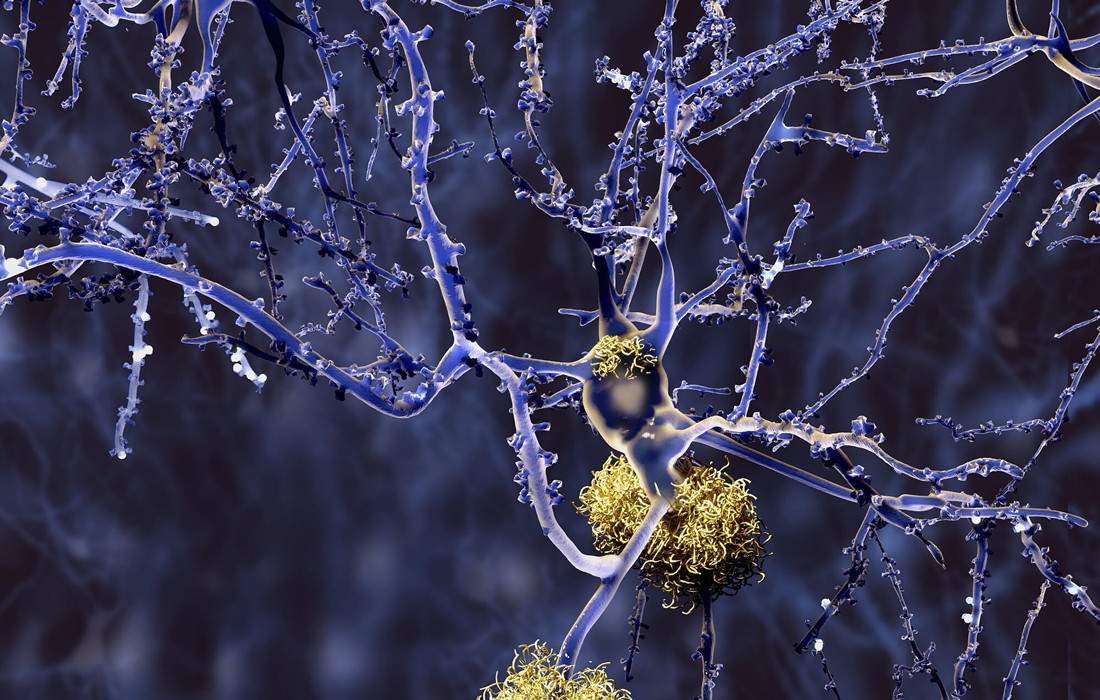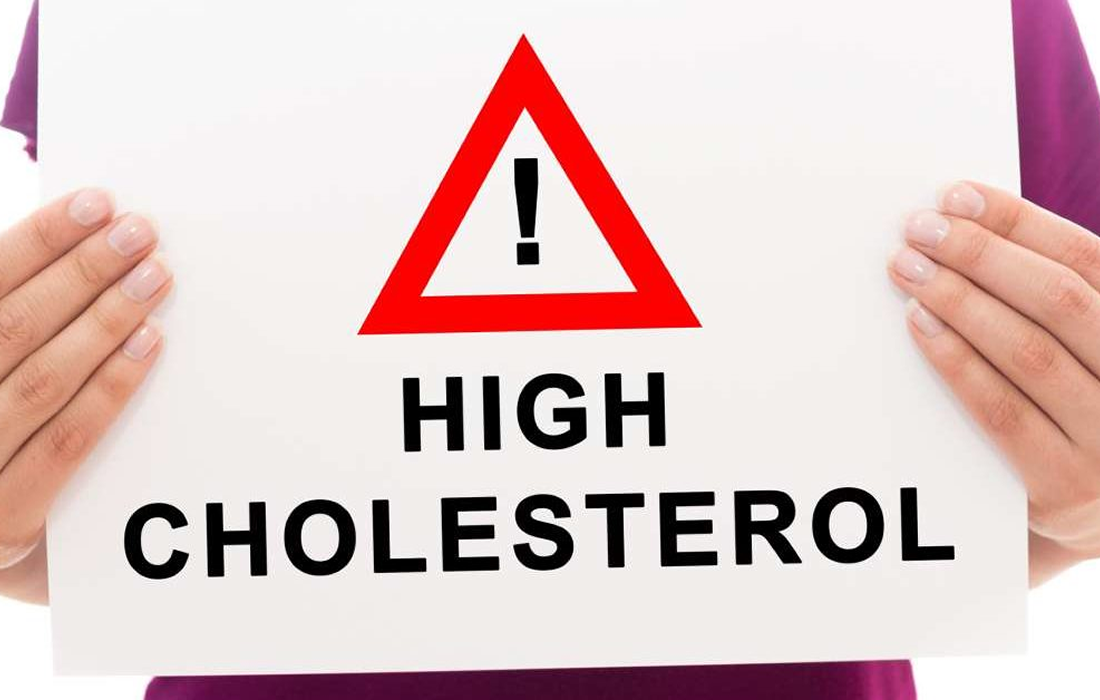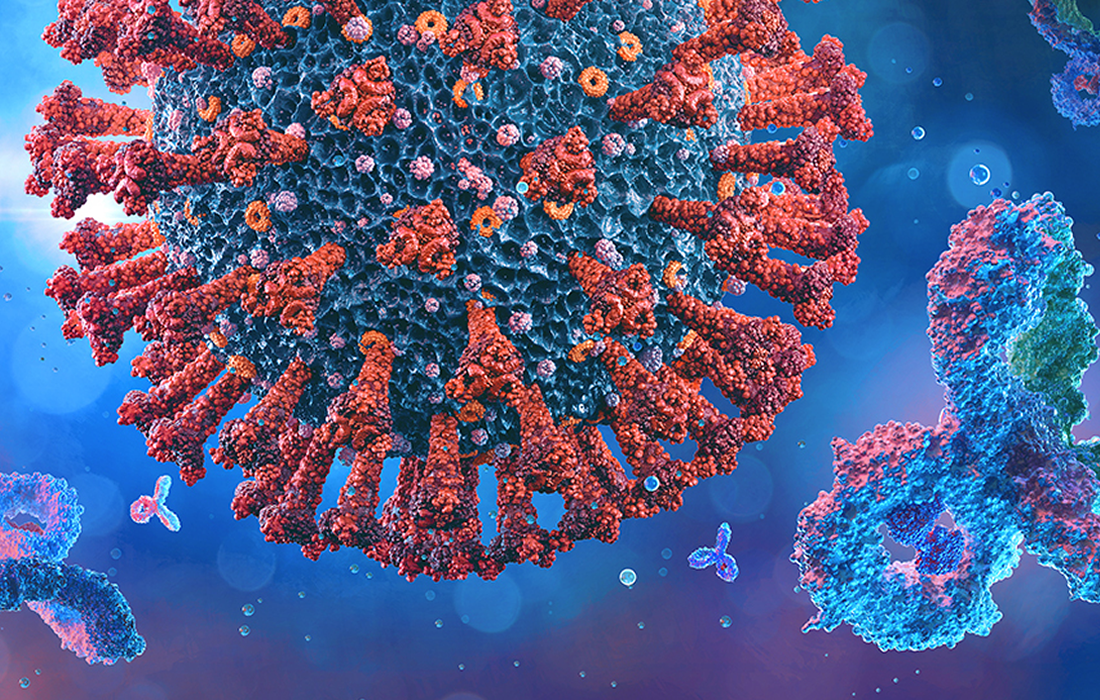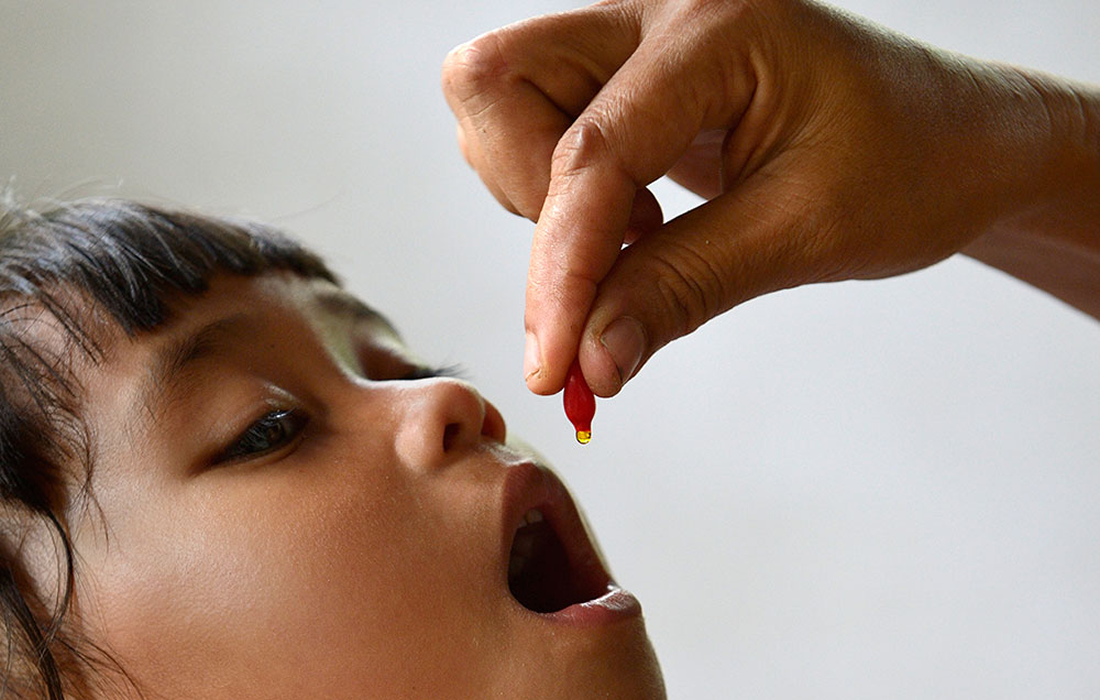The US Food and Drug Administration (FDA) has authority to regulate regenerative medicine products, including stem cell products and exosome products. A common question that we hear is, “are stem cell treatments approved by the FDA?” The answer is that there are some treatments that are fully approved, but many are still being studied and […]
Monthly Archives: September 2021
Parkinson’s disease is a chronic progressive, neurodegenerative disease with a multifactorial etiology. It is characterized by hallmark signs of bradykinesia, rigidity, tremor, and postural instability, it is superseded only by Alzheimer’s disease as the most common neurodegenerative disorder. PD exerts substantial burden on patients, families of patients, and caregivers and is associated with a significant […]
Cardiovascular disease (CVD) is an important public health issue. According to the World Health Organization (WHO), it is the leading cause of death worldwide, affecting approximately 17.7 million people in 2015. Importantly, CVDs are susceptible to behavior modifications. In this sense, a healthy diet is one of the lifestyle components that could be promoted to […]
Stem cells are the body’s raw materials, cells from which all other cells with specialized functions are generated. Under the right conditions in the body or a laboratory, stem cells divide to form more cells called daughter cells. These daughter cells either become new stem cells (self-renewal) or become specialized cells (differentiation) with a more […]
Regular physical activity has a wide range of health benefits. These include a reduced risk of cardiovascular disease, type 2 diabetes, various mental health conditions, and dementia. Studies show that people who are physically active are less likely to experience a decline in their mental function and have a lowered risk of developing Alzheimer’s disease. […]
Cholesterol is an essential lipid for maintaining cellular homeostasis. Besides being a precursor for steroid hormones, and being an essential component of plasma membranes, it is also enriched in lipid rafts and plays a key role in intracellular signal transduction. Cholesterol is primarily synthesized in the liver and transported to cells around the body through […]
Professional and recreational sport practice is increasing but unfortunately so is the rate of sports injuries as mentioned in many epidemiological studies. Aside from medical consequences, the economic burden related to costs of conservative treatment, surgery and rehabilitation is very high. Sport injuries, most of the time affect muscles, tendons, ligaments, cartilage and bones and […]
As COVID-19 cases continue to surge throughout the United States and the world, demand for monoclonal antibody treatments is spiking, especially in areas with low vaccination rates. According to the FDA, this experimental treatment uses laboratory-made proteins that mimic the immune system’s ability to fight off harmful antigens such as viruses like SARS-CoV-2. It’s specially […]
Cardiovascular disease (CVD) is the major cause of death worldwide with an increasing trend in developing countries. The general risk factors associated with the diseases are known to be hypertension, smoking, and hyperlipidemia. Worldwide, high cholesterol levels cause some 56% of ischemic heart disease and 18% of strokes, amounting to 4.4 million deaths annually. Ig […]
Vitamin A deficiency affects 190 million preschool-aged children and 19 million pregnant women worldwide. It is the underlying cause of 650,000 early childhood deaths and has become recognized as an important problem among women of reproductive age in many developing countries. Chronic vitamin A deficiency may increase the risks of complications and death during pregnancy […]


